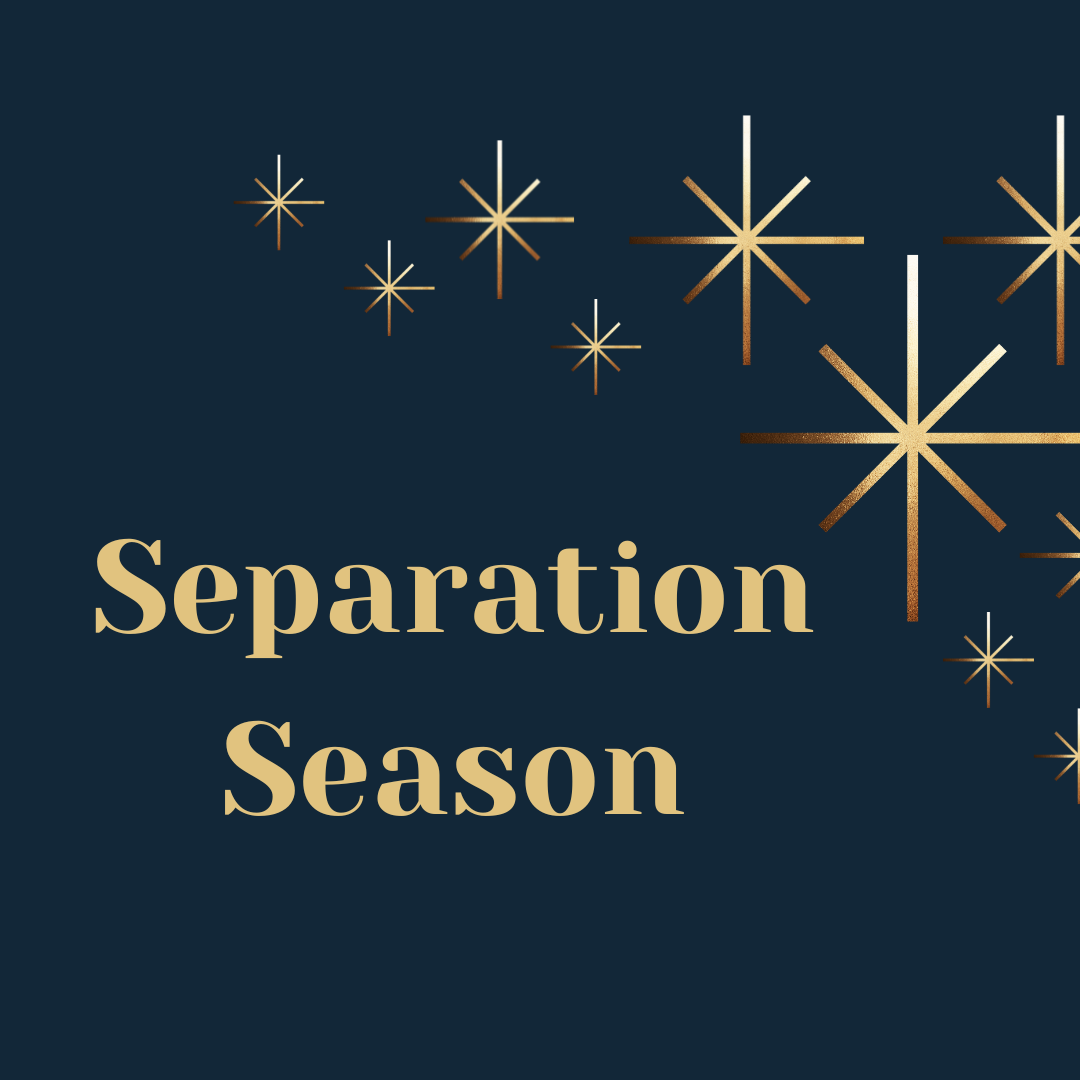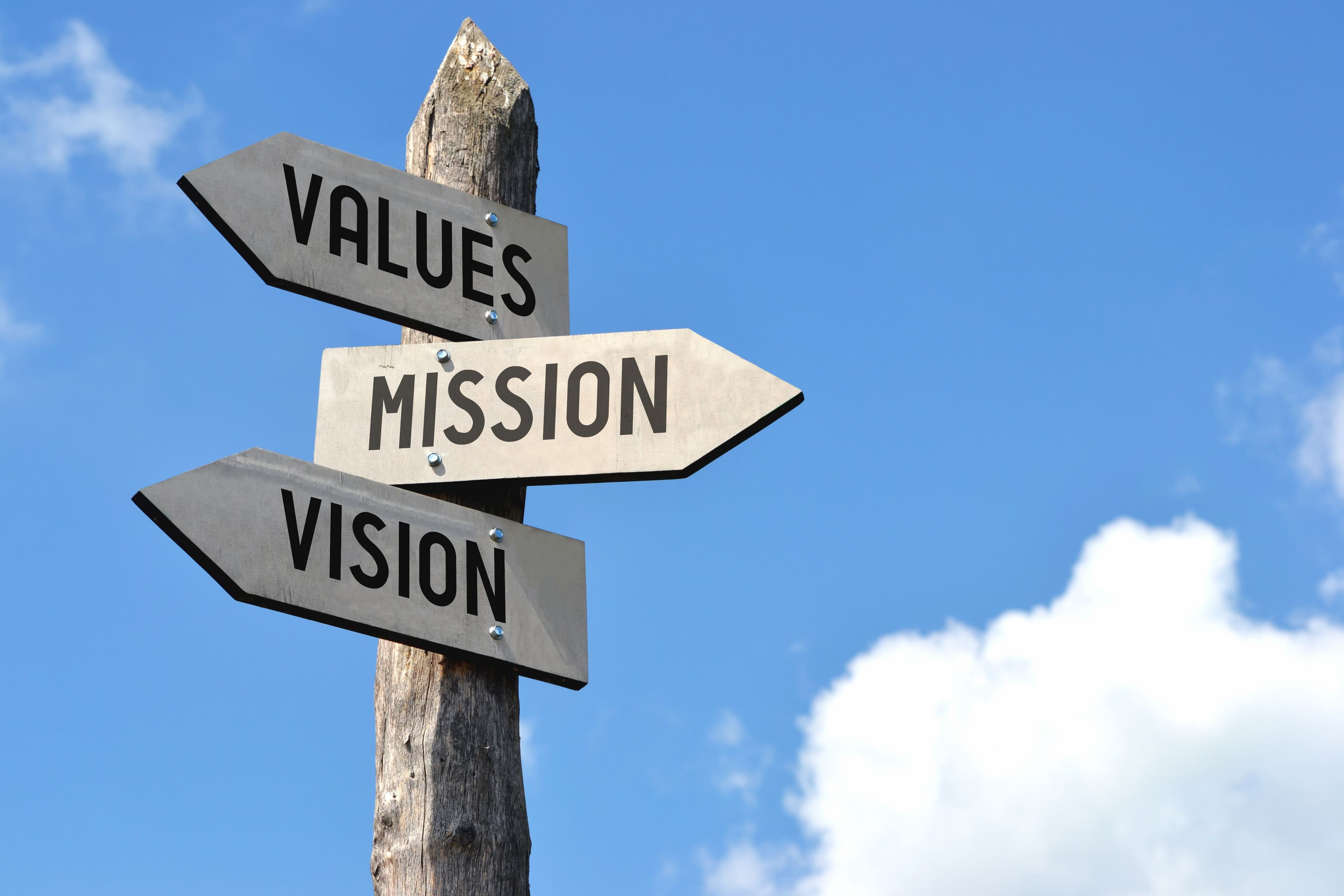From Start to Finish: How to Crush a Job Interview Before, During, and After
We all know how nerve-wracking job interviews can be. But don't sweat it, because we're here to help you prepare for every step of the process. With the right tips and strategies, you'll be able to walk into your interview with confidence and leave a lasting impression on the hiring manager. From pre-interview preparation to follow-up, we've got you covered. So let's dive in and learn how to nail that interview!
Here's a look at how to ace every stage of the job interview process:
BEFORE THE INTERVIEW
Research the company: Before going to a job interview, it's crucial to research the company to get an idea of its mission, values, culture, and products. By understanding who the company is, what they stand for, and what they do, you can tailor your answers during the interview to showcase how your skills and experience align with its values. This will not only help you answer questions more thoughtfully and confidently, but it will also show the interviewer that you've done your homework and are genuinely interested in the company.
Additionally, by figuring out who the company is before the interview, you can get a better idea of whether or not it's the right fit for you. If their values and culture don't align with yours, it may not be the best place for you to work. By doing your research beforehand, you can save time and energy by only pursuing job opportunities that match your values.
Know the job description: When you understand the specific requirements and responsibilities of the job, you can highlight your skills and experience that directly relate to those requirements. This makes it easier for the interviewer to see how you would be a good fit for the position.
By knowing the job description inside and out, you can prepare relevant examples and anecdotes that demonstrate your skills in action. This will show the interviewer that you are genuinely interested in the job, have taken the time to prepare for the interview, and have the ability to focus on important details, increasing your chances of landing the position.
Practice your interview responses: By taking the time to prepare and practice common interview questions, you'll be able to approach the interview with a clearer understanding of your own strengths and how they align with the company's needs. Preparing your responses will help you to better understand your own skills and experiences, and how they relate to the job you are applying for.
Rather than memorizing specific answers and potentially sounding robotic during the interview, instead, focus on the key points you want to make and the stories or examples that best illustrate your skills and experiences.
Practice answering questions with a friend or family member to help you feel more comfortable and confident.
Dress for success: Choose an outfit that is professional and appropriate for the job you're applying for. By picking out your outfit a day or two before, you can ensure that it's clean, pressed, and in good condition. This can help to reduce stress on the day of the interview and give you more time to focus on other important aspects of your preparation.
Choosing the right outfit can help to set the tone for the interview and demonstrate your professionalism and attention to detail.
DURING THE INTERVIEW
Be on time: Arrive at least 15 minutes early for your interview. Being punctual for an interview shows the hiring manager that you respect their time and take the opportunity seriously. It also gives you a few minutes to compose yourself, review your notes, and mentally prepare for the interview.
If you arrive late, it sends the message that you're unreliable and disorganized. Even worse, starting the interview with an excuse for your lateness can come across as unprofessional and make a bad first impression. It's essential to plan ahead and allow extra time for unexpected traffic or delays.
By being on time and ready to go, you set the stage for a successful interview and show the hiring manager that you're a reliable and professional candidate
Make a good first impression: As we all know, first impressions are everything, especially during a job interview. While your verbal responses are important, don't overlook the power of nonverbal cues.
Remember to smile! Not only does it convey warmth and positivity, but it also makes you appear more approachable and friendly.
Make eye contact! Maintain eye contact with the interviewer and nod or provide verbal cues to show that you are listening and engaged. This means being fully present and attentive during the interview. Avoid checking your phone or fidgeting, as this can signal disinterest or distraction.
Sit up tall! Body language is a powerful tool that can convey confidence and self-assuredness in a job interview. Use open and relaxed postures, such as keeping your arms at your sides or on the armrests of the chair, to project an air of confidence. Avoid fidgeting or crossing your arms, which can make you appear nervous or closed off. Remember that your body language is just as important as what you say in an interview, so practice good posture.
Remember, the interviewer is not only evaluating your qualifications, but also your overall demeanor and attitude.
Listen and respond thoughtfully: Listen carefully to the interviewer's questions and respond thoughtfully. Don't try to be someone you're not by overselling yourself or lying about your skills or experience. Instead, focus on being your authentic self and highlighting your strengths. Be specific with your answers and use examples from your past experiences to illustrate your skills and achievements. Because a job interview is not just about getting the job… but also about finding the right fit for both you and the company.
AFTER THE INTERVIEW
Follow up with a thank you note: In today's competitive job market, it's important to go the extra mile to stand out from the crowd. One simple but effective way to do this is by sending a thank you note after a job interview. Not only does this show the interviewer that you appreciate their time and consideration, but it also gives you another opportunity to remind them of your qualifications and interest in the job. Just make sure to personalize your message and keep it professional – avoid going overboard with emojis or sharing personal information. A thoughtful and sincere thank you note can make all the difference in landing your dream job.
Continue networking: Even if you've landed an interview, it's important to keep building connections in your desired field. Maintaining relationships with individuals in your network can help you discover new opportunities, gain industry insights, and stay informed on the latest trends. Networking is a continuous process, and by putting in the effort to keep in touch with professionals in your field, you'll have a greater chance of uncovering your next career move.
Evaluate and learn: Take the time to evaluate your interview and think about what you did well and what you could improve on. This will help you prepare for future interviews and make sure you're putting your best foot forward.
BE PREPARED
Every step in the interview process matters! That's why you need to be prepared. Keep these tips in mind, and you'll be ready to crush a job interview before, during, and after to make the best impression possible and land the job of your dreams.

Ryan Kay
Helping people get the career of their dreams!
Related articles

🚀 Fuel Your Success This Year-End: The Art of Separation Season!
Supercharge Your Year-End: The Art of Separation Season! Unleash your full potential and end the year on a high note! Discover the secrets of the Separation Season—a unique window of opportunity to set yourself apart, enhance your skills, and prepare for a phenomenal year ahead. Learn actionable strategies to fuel your career growth and turn every moment into a stepping stone toward success. Get ready to leave your mark in the world of career advancement. 🔥 #CareerAdvancement #SuccessStrategies

Discover Your Path to a Meaningful Career: Tips for Finding a Job Aligned with Your Values and Goals
Whether you're looking to switch industries, start your own business, get remote work, or transition to a better position, these tips can help you find the path to a meaningful career.